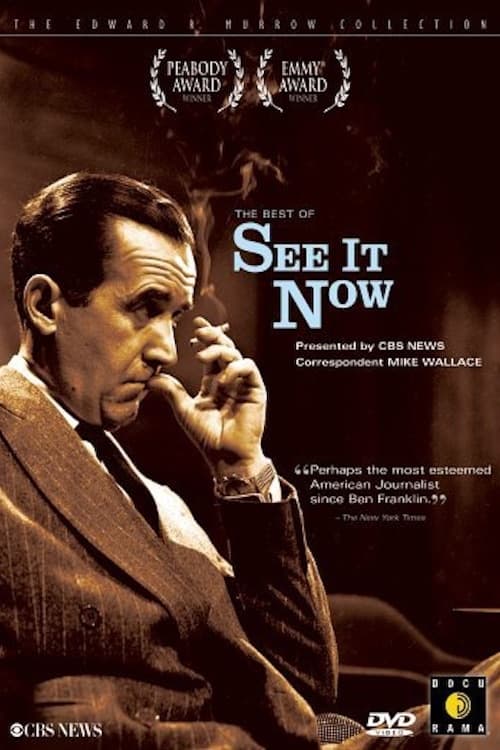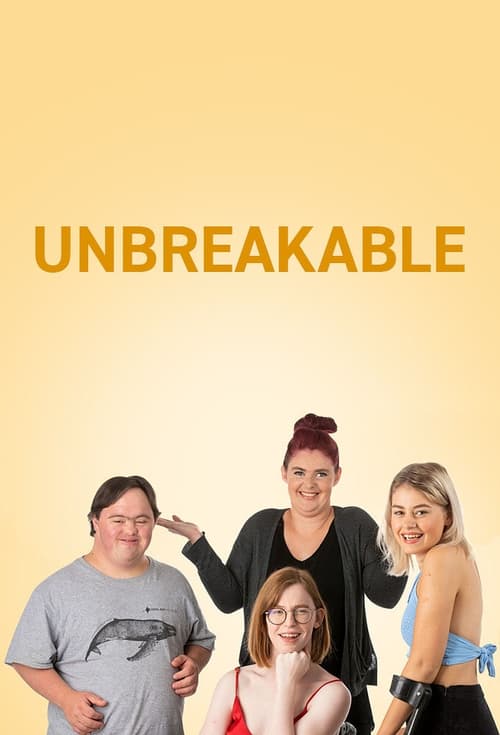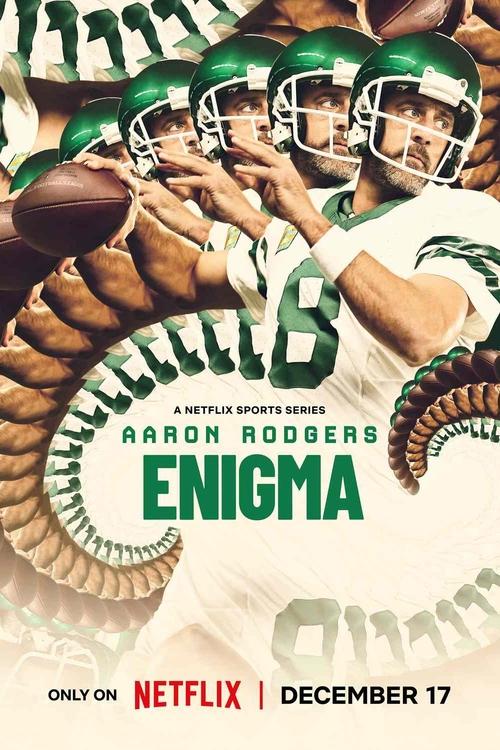Argos TV - Medialogic (Argos TV - Medialogica)
Overview
Media logic investigates the difference between image and reality. Media serve as a guide to get a grip on reality. But to what extent are they a reliable guide? How is public opinion formed? And what influence does this have on the actions of administrators, journalists and citizens?
Seasons

Season 1 (2012)
No overview available.
6 episodes

Season 2 (2013)
No overview available.
7 episodes
Episodes
Episode 1: Episode 1
2013-05-27Episode 2: Episode 2
2013-06-03Episode 3: Episode 3
2013-06-10Episode 4: Episode 4
2013-06-17Episode 5: Episode 5
2013-06-24Episode 6: Episode 6
2013-07-01Episode 7: Episode 7
2013-07-08
Season 3 (2014)
No overview available.
6 episodes

Season 4 (2015)
No overview available.
7 episodes
Episodes
Episode 1: Episode 1
2015-01-07Episode 2: Episode 2
2015-01-14Episode 4: Episode 4
2015-07-28Episode 5: Episode 5
2015-08-04Episode 6: Episode 6
2015-08-11Episode 7: Episode 7
2015-08-18Episode 8: Episode 8
2015-08-25
Season 5 (2016)
No overview available.
9 episodes
Episodes
Episode 1: Episode 1
2016-02-17Episode 2: Episode 2
2016-02-24Episode 3: Episode 3
2016-03-02Episode 4: Episode 4
2016-03-09Episode 5: Episode 5
2016-03-16Episode 6: Episode 6
2016-10-20Episode 7: Episode 7
2016-10-27Episode 8: Episode 8
2016-11-03Episode 9: Episode 9
2016-11-19
Season 6 (2018)
No overview available.
4 episodes

Season 8 (2019)
No overview available.
11 episodes
Episodes
Episode 1: Episode 1
2019-01-06Episode 2: Episode 2
2019-01-10Episode 3: Episode 3
2019-01-13Episode 4: Episode 4
2019-04-14Episode 5: Episode 5
2019-04-21Episode 6: Episode 6
2019-04-28Episode 7: Episode 7
2019-05-05Episode 8: Episode 8
2019-11-17Episode 9: Episode 9
2019-11-24Episode 10: Episode 10
2019-12-01Episode 11: Episode 11
2019-12-08
Season 10 (2020)
No overview available.
8 episodes
Episodes
Episode 1: Episode 1
2020-05-19Episode 2: Episode 2
2020-05-26Episode 3: Episode 3
2020-06-02Episode 4: Episode 4
2020-06-09Episode 5: Episode 5
2020-11-05Episode 6: Episode 6
2020-11-12Episode 7: Episode 7
2020-11-19Episode 8: Episode 8
2020-12-03
Season 11 (2021)
No overview available.
9 episodes
Episodes
Episode 1: Episode 1
2021-04-04Episode 2: Episode 2
2021-04-11Episode 3: Episode 3
2021-04-18Episode 4: Episode 4
2021-04-25Episode 5: Episode 5
2021-12-05Episode 6: Episode 6
2021-12-19Episode 7: Episode 7
2021-12-26Episode 8: Episode 8
2022-01-02Episode 9: Episode 9
2022-03-22
Season 12 (2022)
No overview available.
8 episodes
Episodes
Episode 1: Episode 1
2022-06-19Episode 2: Episode 2
2022-06-26Episode 3: Episode 3
2022-07-03Episode 4: Episode 4
2022-07-10Episode 5: Episode 5
2022-11-27Episode 6: Episode 6
2022-12-04Episode 7: Episode 7
2022-12-11Episode 8: Episode 8
2022-12-18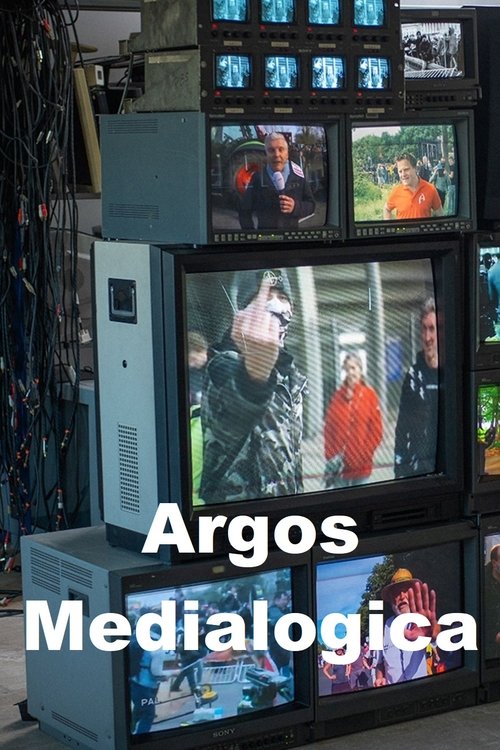
Season 13 (2023)
Research into the difference between image and reality. Media serve as a guide to get a grip on reality. But to what extent are they a reliable guide? How is public opinion formed? And what influence does this have on the actions of administrators, journalists and citizens?
6 episodes
Episodes
Episode 1: The character assassination
2023-05-21The true crime genre seems more popular than ever. Journalists and program makers are increasingly taking the role of detective and judge. But what risks are they taking with this? And what is the impact of unproven suspicion? Isn't that character assassination? The flip side of true crime in Argos Medialogica.
Runtime: 35 minEpisode 2: Truth fighters or conspiracy theorists?
2023-05-28Alternative media are on the rise. Online newspapers such as De Andere Krant and video channels such as Blckbx, Café Weltschmerz and the Red Pill Journal tell stories that, according to them, are not told in the mainstream media. About corona, sinister companies and an evil elite. These new media are being researched. Who is behind it and how are they financed? What conspiracies are they spreading and how are the judiciary and secret services trying to get a grip on them? A story about sedition, anti-Semitism, multimillionaires and MPs.
Runtime: 39 minEpisode 3: Down in the picture
2023-06-04Upside Down, SynDROOM, Down the Road: these are just a few of the many TV programs about people with Down. According to critics, these programs have a misleading effect, they give society an overly positive image of the syndrome. This would not only have consequences for people with Down and those close to them, but also for people who are pregnant and have to make a decision about prenatal testing. It also turned out that not only TV programs try to determine the image of Down, but that there are even more forces at work. To whom his latest influence applies? Which interests play a role? And what are the consequences?
Runtime: 39 minEpisode 4: Black bars and white coats
2023-12-08Intelligence services AIVD and MIVD will have more options to tap internet traffic. While the 'Towing Act' had previously caused a stir, the new intelligence law was recently adopted quietly. What role did the secret services' communication strategy play in this? A story about state secrets, interviews and white coats.
Runtime: 33 minEpisode 5: Kriebels in de onderbuik
2023-12-15Reconstruction of the media storm surrounding the sexual and relationship education of children. This year, during the national theme week 'Spring Fever Week', the image is created that sex education in primary schools is masculine for children. A commotion arises that is extensively discussed in newspapers, online and on television. How could emotions suddenly rise so high?
Runtime: 35 minEpisode 6: In de ban van Rusland
2023-12-22While the world is looking away, Russia's influence on the African continent is rapidly increasing. Social media is teeming with influencers spreading an anti-Western message. Russia is seen as an ideal ally by many African countries. The continent is increasingly becoming a playing field for propaganda and disinformation. How could this happen and what does it mean for us?
Runtime: 35 min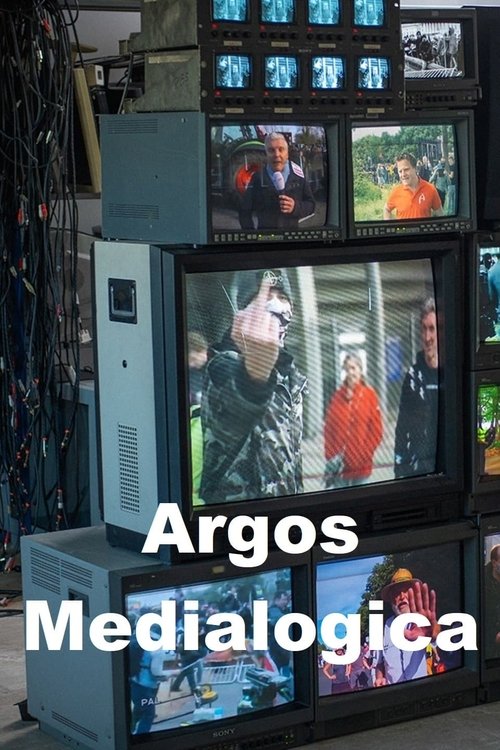
Season 14 (2024)
Research into the difference between image and reality. Media serve as a guide to get a grip on reality. But to what extent are they a reliable guide? How is public opinion formed? What influence does this have on the actions of administrators, journalists and citizens?
9 episodes
Episodes
Episode 1: Argos Medialogica ontleedt: Het beeld van de masculiene man
2024-01-09Men struggle with their position in society. As a man you are quickly seen as toxic or too masculine. Influencers like Andrew Tate have the solution: the man must become an alpha male again, especially now that the man has been consciously made weak and docile. But what consequences does this image have? And why are these ideas so popular among young people?
Runtime: 23 minEpisode 2: Argos Medialogica ontleedt: De aanval op dragqueen story hour
2024-01-09In April this year, there was a demonstration against a drag queen story hour in Rotterdam, where children are read to by a drag queen. The reading hours and the LGBTIQ+ community have been under fire for some time, including from radical right-wing politicians and activists. According to researchers, there is a conscious strategy behind these actions: what does this mean and what are the consequences?
Runtime: 24 minEpisode 3: Argos Medialogica ontleedt: Waarom we het over mannen moeten hebben
2024-01-09In his book Of Boys and Men, British-American sociologist Richard Reeves investigates why many men struggle with themselves and their role in society and what we can do about it. What is the danger if the existing problems in men are ignored? And what does this mean for the rights of women and the LGBTIQ+ community?
Runtime: 26 minEpisode 4: Milder gestemd
2024-03-17What role did the media play in Geert Wilders' election win? The PVV's victory in the last parliamentary elections came as a surprise to many, including the press. How is that possible? A reconstruction of Geert Wilders' election campaign. How does one of the country's most influential politicians deal with journalists and they with him? Frank Hendrickx (de Volkskrant) and Maurice de Hond (Peil.nl) will speak.
Runtime: 41 minEpisode 5: Regenbooghysterie
2024-04-28The rainbow community is under fire from conservative and radical corners. According to politicians and activists, educating about gender indoctrination and reading to children by drag queens is dangerous. Medialogic examines the force behind these frames and shows how politicians and activists worldwide use anti-gender rhetoric for their own gain, which also puts LGBTIQ+ rights under pressure in the Netherlands.
Runtime: 37 minEpisode 6: De banden van Bernhard
2024-06-16There was a big fuss last year when it became known that Prince Bernhard's NSDAP membership card had been found in his own archives. But how new was the revelation really? Bernhard has always denied being a member of the NSDAP, and yet historians have previously convincingly demonstrated his ties to Hitler's Nazi party. Why is it that Prince Bernhard's now well-known past keeps leading to new headlines? Media logic about how media, historians, institutions, the Royal Family and politicians have been struggling with Prince Bernhard's Nazi past for years.
Runtime: 47 minEpisode 7: Het nieuwe rookgordijn
2024-11-27Alternatives to cigarettes, such as vaping and snus, are becoming increasingly popular. But a growing group of young nicotine users are becoming addicted to old-fashioned cigarettes through these products. Medialogica investigates the image surrounding the 'new smoking' and the role of tobacco companies and the media.
Runtime: 37 minEpisode 8: Studenten op de barricade
2024-12-15How did the media attention, political imaging and polarized debate develop around the pro-Palestine student protests in Amsterdam? A look back with the key players, such as Mayor Halsema, the chief public prosecutor, the rector and students of the UvA.
Runtime: 38 minEpisode 9: Vecht- en sterfbereid
2024-12-29The threat of war is back in Europe and so Defense is expanding, by up to 9,000 people per year. How do you find new recruits for the army, and what images are used to entice them - mainly teenagers - to sign? Medialogica delves into the world of marketing our armed forces.
Runtime: 35 min
